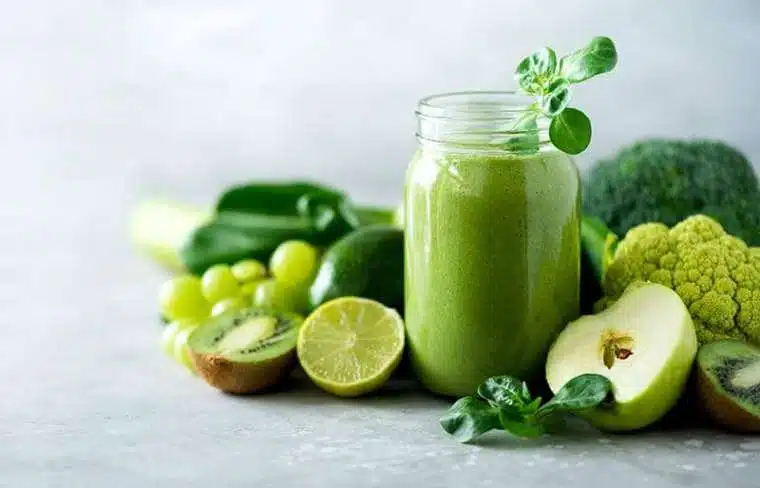Diet and Hair Loss: Which Foods Help and Which Do Not?
In recent years, efforts to raise awareness about nutrition and the adoption of more balanced eating habits have become increasingly intense.
This is partly due to its connection—directly or indirectly—with a wide range of health conditions.
Today, it is clear that the dietary habits we adopt affect both the appearance and health of our hair, as poor or inadequate nutrition can even lead to irreversible damage.
The active metabolism of hair follicle cells, due to their high level of activity, requires a substantial supply of calories and nutrients.
This is one reason why eating disorders such as anorexia nervosa or bulimia have such a negative impact on hair health.
When these nutritional demands are not met for any reason, it is not uncommon to see hair loss or color changes.
Furthermore, while the most common type of hair loss—Androgenetic Alopecia—has a strong genetic component, diet can play an important role in accelerating or slowing down the progression of the condition.
What Should I Avoid?
Simple and Processed Carbohydrates
In both cases, nutrients consumed may not reach their destination, as they are redirected to facilitate the digestion of these foods. Examples include white flour, cakes, and cookies.
What to Replace Them With:
Complex carbohydrates, such as beans, whole-wheat flour, or bananas, ease digestion and provide greater nutrient availability.
Fried Foods
Research shows that fried foods can increase testosterone levels, potentially leading to higher levels of DHT, which is directly linked to the most common type of hair loss: Androgenetic Alopecia.
Sugar Substitutes
Specifically, aspartame—widely used as a sugar substitute—has been directly accused of weakening hair and causing hair loss.
What Should I Include in My Diet?
Protein
Consuming sufficient protein is essential for the health and growth of hair, as hair is primarily composed of protein. A lack of protein can cause many hair follicles to transition from the growth phase to the resting phase, during which they weaken and fall out.
Iron
Iron deficiency is one of the main dietary causes of hair loss. Key sources of iron include meat and fish, as well as vegetables like spinach, cereals, and white beans.
Foods Rich in Fatty Acids, Especially Omega-3
Fatty fish such as salmon, tuna, and sardines are excellent sources of fatty acids, along with walnuts and almonds.
Vitamins B6 and B12
Vitamin B6 can be obtained from bananas, potatoes, and spinach, while B12 is found in meat, poultry, fish, and dairy products.
Folic Acid
Sources of folic acid include fresh fruits and vegetables—especially citrus fruits and tomatoes. It can also be obtained from whole-grain products, fortified cereals, lentils, and beans.
